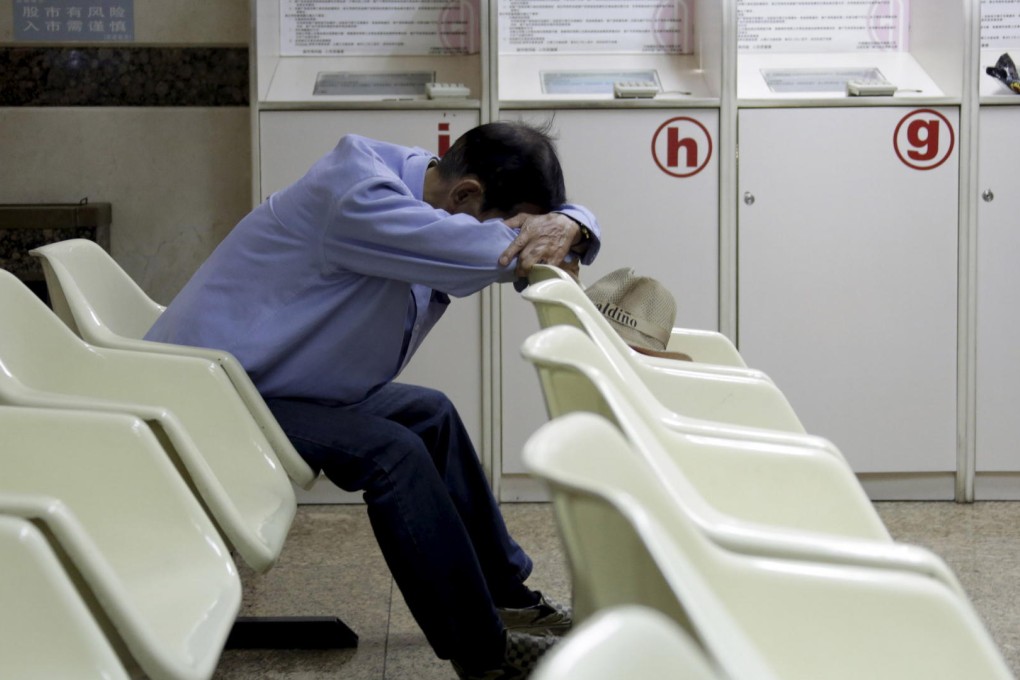China policy rethink dampens shares in Hong Kong
Third consecutive decline seen as investors wary of risk before key US employment data while policy tone from Beijing also dampens sentiment

Hong Kong stocks fell for a third consecutive session on Friday, with investors remaining risk-averse before a key monthly jobs report from the United States.
And the outlook may become gloomier, with a change of tone among Beijing policymakers likely to put a dampener on investor sentiment.
Dragged down by China-based blue-chips including oil producers, banks and insurers, the benchmark Hang Seng Index closed at 20,840.61 points, down 0.45 per cent or 94.34 points.
The H-share index, which tracks China's companies listed in Hong Kong, lost 1.4 per cent to 9,169.59 points, its lowest close since July 9, 2013.
The index fell 6 per cent for the week, and has had four consecutive weekly drops. It has lost 24 per cent so far this year, making it one of the world's worst-performing stock benchmarks.
Turnover was HK$69.9 billion - well down on the daily average of HK$125.44 billion for the first seven months of the year.